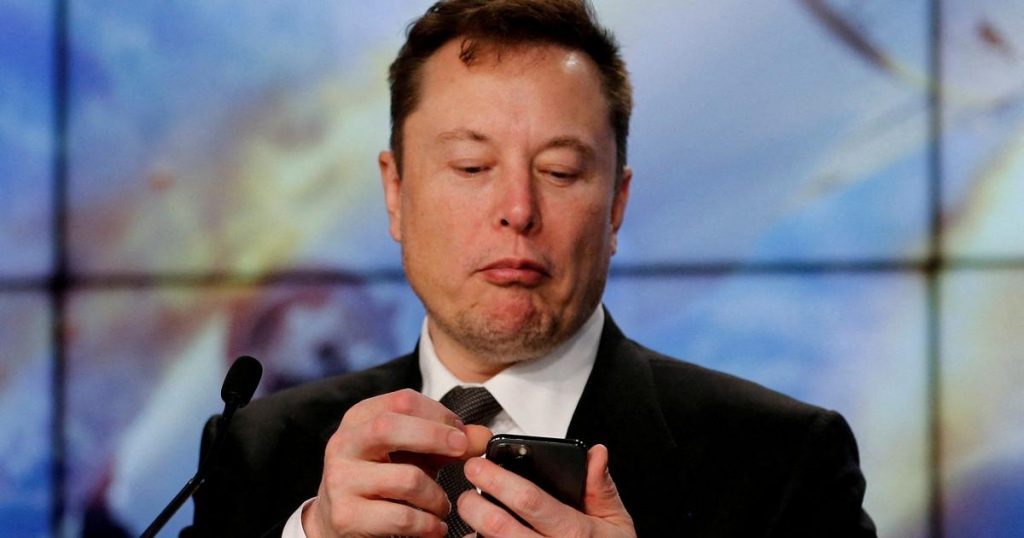
Late in April, Twitter’s board announced its agreement to sell the social media platform to Elon Musk. According to the terms of the deal, he would buy out all the company’s shareholders for a total of $44 billion, paying them roughly $54.20 per share.
On that day, April 25, Twitter stock was trading at $51.60. Anyone hearing the news might have expected the price of the shares to rise towards what Musk agreed to pay. Instead, it dropped, and sputtered around in the $48-49 range for days thereafter.
There may have been several reasons for this. One is that the finalization of a sale is still a long way off, and that the market was pricing in the possibility of the deal falling thought. Perhaps people thought that Musk wasn’t entirely serious—a valid concern, given his erratic behavior in the past. Or perhaps people thought the deal wouldn’t go through for some regulatory reason, or because Twitter would consider Musk in violation of some clause or other of the purchase agreement.
Elon Musk has found big investors to back his Twitter purchase
On May 5, though, Musk announced that, in addition to his own cash and funding from a consortium of banks, he had persuaded a coven of investors to kick in some money as well. These were blue-chip names: Larry Ellison, the founder of Oracle; Sequoia Capital; the cryptocurrency firm Binance; Qatar Holding; Prince Alwaleed Bin Talal Abdulaziz Alsaud, the Saudi billionaire. According to an SEC filing, these investors will pay roughly $7 billion in total for their stakes.
The announcement sparked an immediate uptick in the price of the stock, sending it above $50 for the first time since the news of the takeover broke. It was as if the involvement of these serious investors offered some much-needed ballast to a hitherto-airy prospect. The market is finally beginning to believe that Musk will end up as the owner of Twitter after all.
